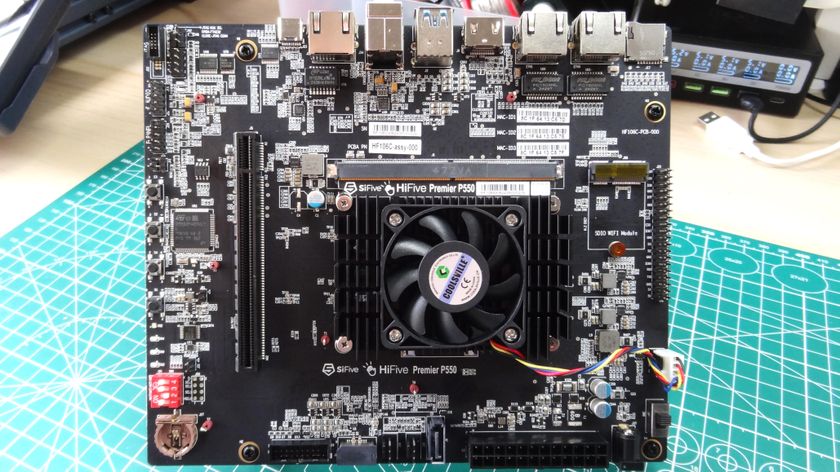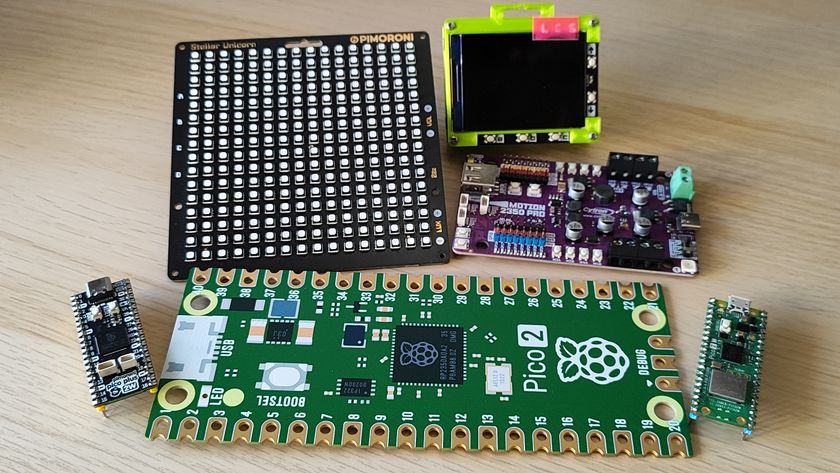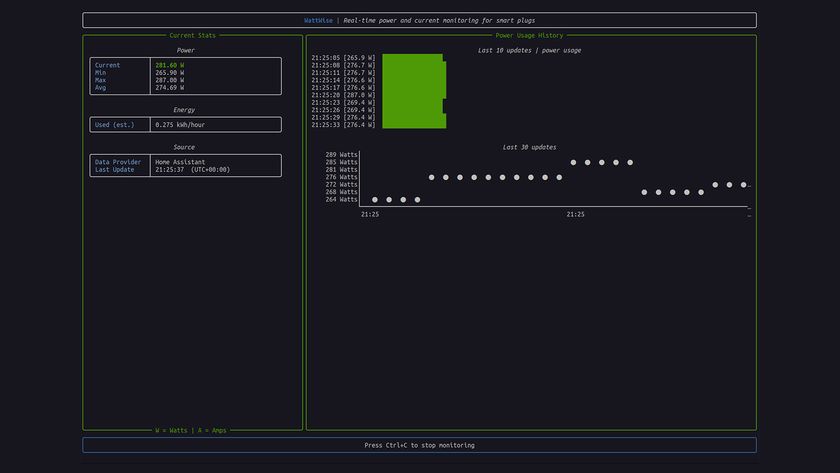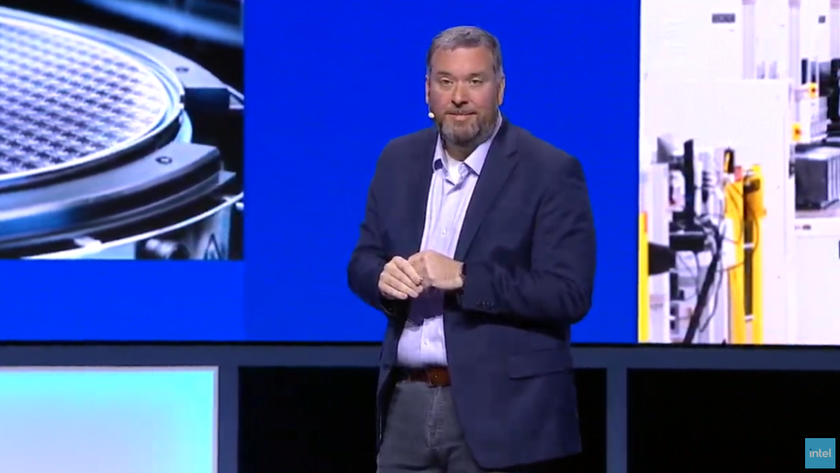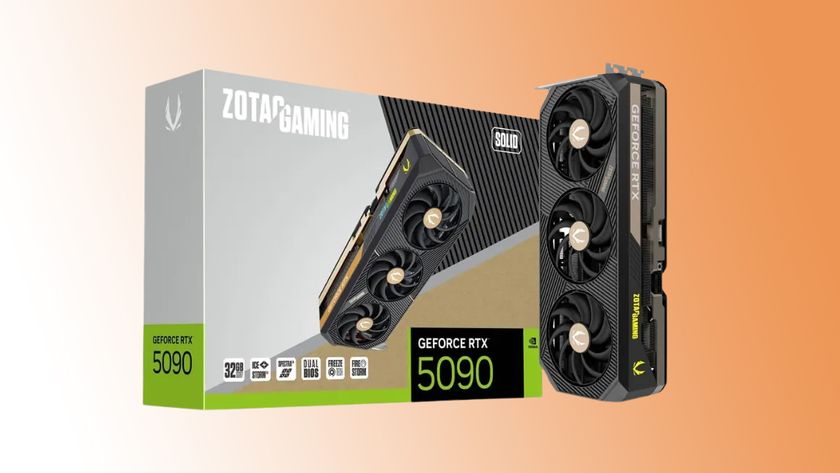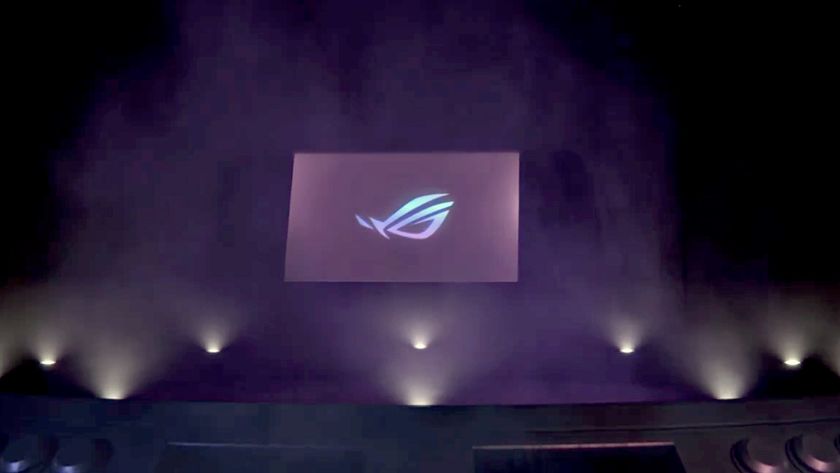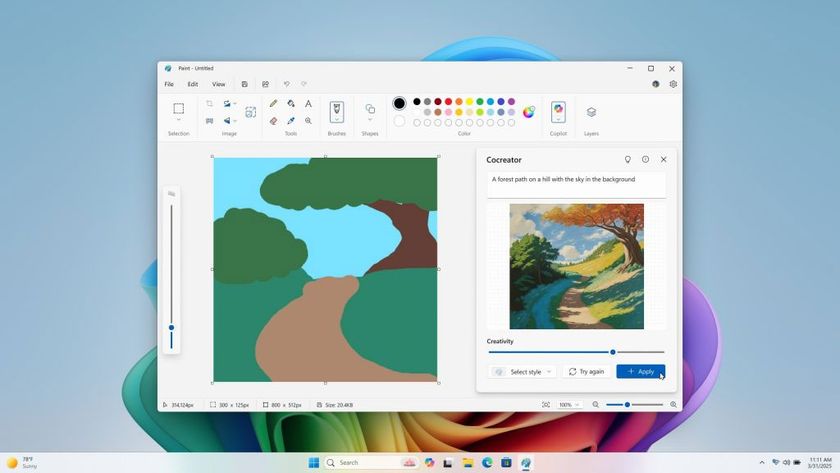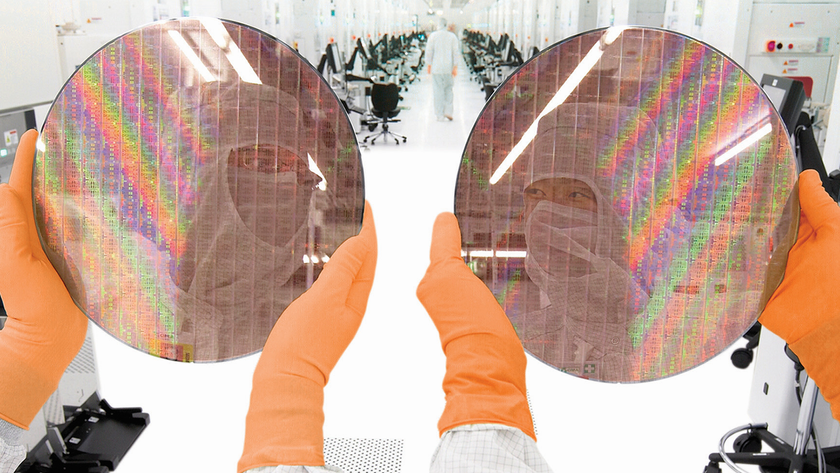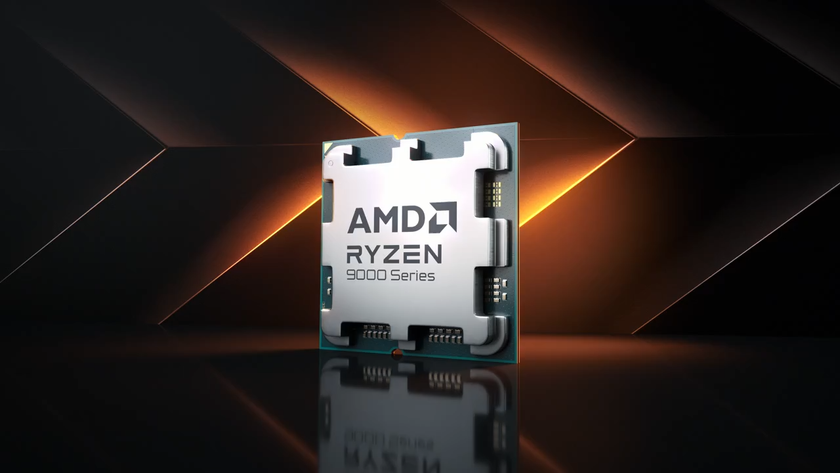Pimoroni Announces Servo 2040 Servo Motor Controller
Did that just move?

Although it's slightly weird-looking, we’re fairly sure that the image above is not an April Fool prank. UK-based seller of useful things Pimoroni has taken to Twitter to announce the Servo 2040, an 18-channel servo controller “for making things with lots of moving parts”.
Servo 2040, as you might expect, is a standalone servo controller making use of the RP2040 microcontroller chip seen in the Raspberry Pi Pico. There are enough pre-soldered pin headers to connect up to 18 servos, current monitoring functionality to keep an eye on power consumption, and six addressable LEDs for visual feedback. You also get pin headers for up to six analog sensors for checking that you're not applying too much pressure to your test subject's head.
"We've used RP2040 as the core of this board because of the flexibility of its Programmable IOs," writes Pimoroni on the product page. "Traditionally, each servo needs to be connected to its own PWM capable channel on the microcontroller. RP2040 only has 16 PWM channels, but it's possible to drive up to 30 servos using the magic of PIOs if you're canny with wiring. RP2040's PIOs are also super fast, so they can drive servos with sub-microsecond resolution."
The Servo 2040 keeps the single USB-C port of the Raspberry Pi Pico for supplying power and instructions. Should you need a little more power, then there are screw terminals for supplying 10A of continuous current, so set your lightning rods accordingly. You'll also need to cut a trace on the rear of the board, to prevent the RP2040 from being damaged by the excess voltage. You can program monstrous moving creations using the usual RP2040 languages: C/C++ and MicroPython, for which there are libraries available, or CircuitPython, which is coming soon.
Measuring just 62mm x 42mm x 12mm, the Servo 2040 is available now from the Pimoroni website, shipping worldwide. You can also purchase servos, including some that are Lego-compatible to your order, as well as batteries and cables, from the same site.
Stay On the Cutting Edge: Get the Tom's Hardware Newsletter
Get Tom's Hardware's best news and in-depth reviews, straight to your inbox.

Ian Evenden is a UK-based news writer for Tom’s Hardware US. He’ll write about anything, but stories about Raspberry Pi and DIY robots seem to find their way to him.
